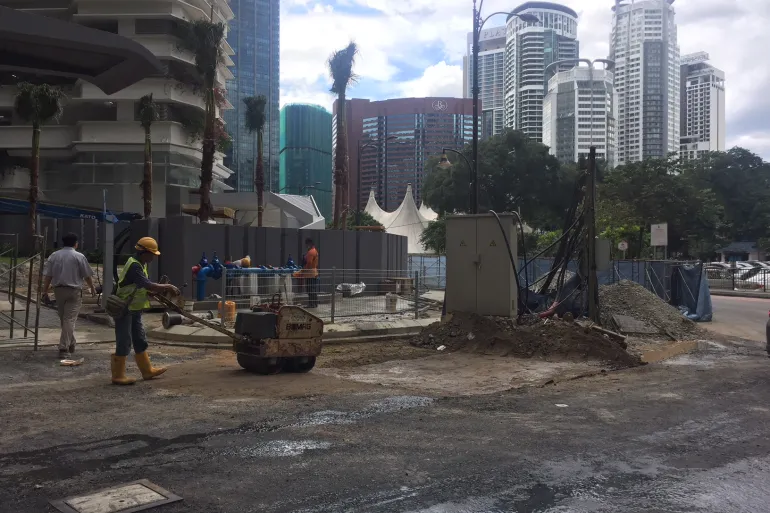Three Indonesian migrant workers were detained by immigration officers in Nunukan, North Kalimantan, after attempting to enter Malaysia illegally. The workers, aged between 22 and 42, are from East Flores in East Nusa Tenggara and were intercepted at Dapiton Pier, a border crossing point near the Sabah border in Malaysia. The three individuals admitted that they intended to work in Malaysia as oil palm farmers without the proper documentation.
The Nunukan Immigration Office, which carried out the detention, stated that the workers were trying to enter Malaysia illegally to seek employment, which is against both Indonesian and Malaysian immigration laws. The workers were stopped to protect them from the risks of exploitation and legal issues that could arise from working without the correct permits.
Adrian Soetrisno, the head of the Nunukan Immigration Office, emphasized the importance of strengthening border surveillance to prevent illegal activities that could harm the nation and its citizens. He also reiterated the office’s commitment to protecting migrant workers and urged Indonesian citizens to follow official procedures when seeking employment abroad.
This incident highlights ongoing concerns about illegal migration, especially among those seeking better job opportunities in neighboring countries like Malaysia. Many Indonesian workers, particularly those from rural areas, attempt to migrate illegally due to the lack of legal pathways. The Indonesian government has been actively working to address these issues by improving legal migration processes and cooperating with Malaysia to strengthen border security.
While migration for work is common in Southeast Asia, it is essential for workers to follow legal channels to ensure their safety and avoid exploitation. The government’s efforts to raise awareness about the risks of illegal migration aim to protect workers from dangerous situations, including human trafficking and unsafe working conditions. By adhering to legal migration procedures, workers can secure better opportunities while protecting their rights abroad.

